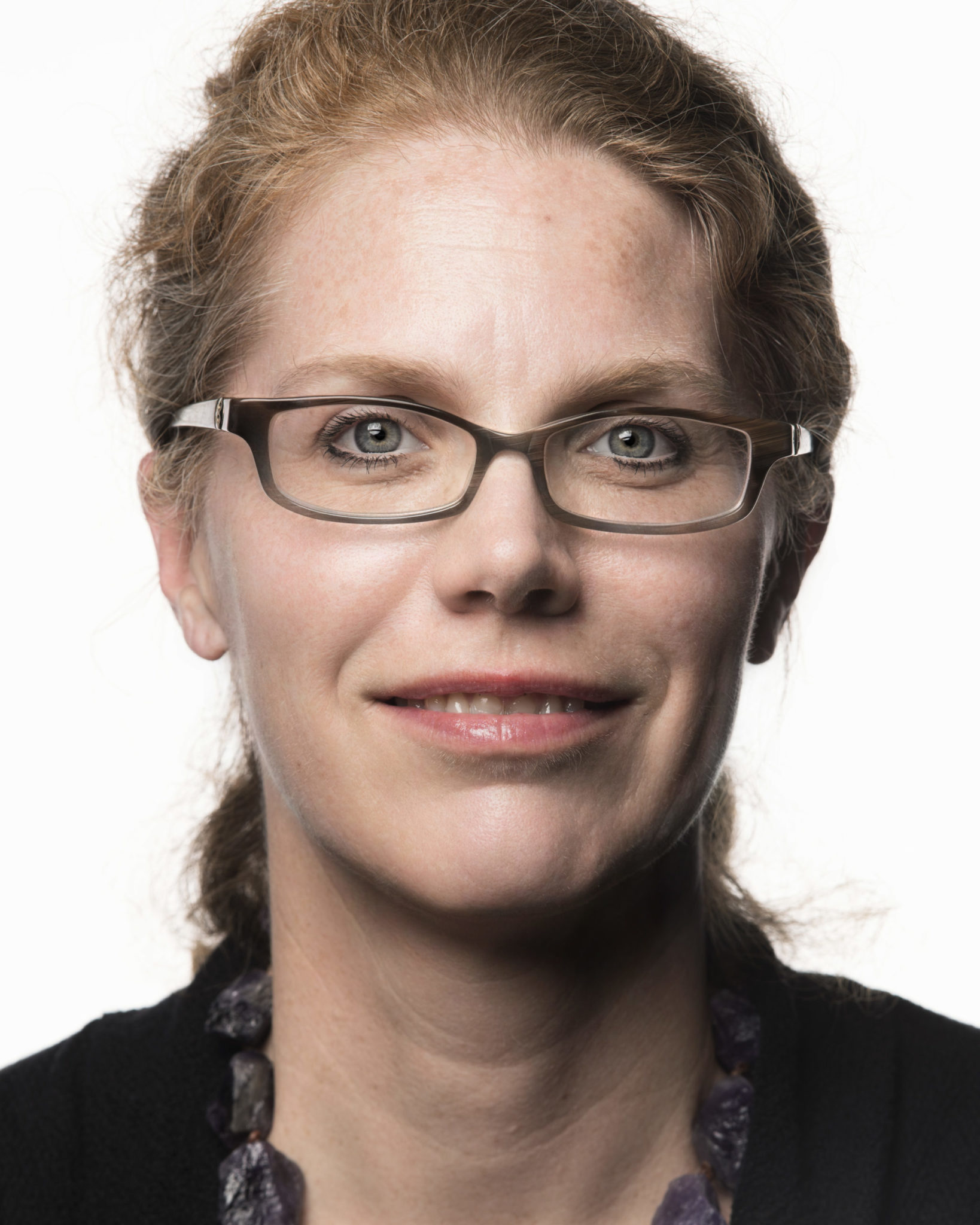Yale physics professor named Deputy Director and Chief Research Officer of Fermilab
Professor Bonnie Fleming of the Yale physics department leaving university to become chief research officer and deputy director at the U.S. Department of Energy’s Fermi National Accelerator Laboratory.

Courtesy of Fermilab Creative Services
Yale physics professor Bonnie Fleming is leaving the University after 18 years to lead the research division of the nation’s flagship laboratory for particle physics and accelerator science.
Fleming, a faculty member and research scientist in the Yale physics department, has been appointed deputy director and chief research officer of the U.S. Department of Energy’s Fermi National Accelerator Laboratory, located outside of Chicago, Illinois.
She will hold a joint appointment as a professor of physics at the University of Chicago, where she will continue her Liquid Argon Time Projection Chamber research. Fleming has been involved with Fermilab experiments since 1997, but is now transitioning from a research-focused role to a leadership-centric one within the organization.
“I will still be involved in neutrinos, but playing a different role,” Fleming told the News.
The new position involves administering research in the accelerator complex, scientific computing, working on particle physics at the Large Hadron Collider and advancing newer quantum science efforts at Fermilab.
Fleming’s research career has been defined by studying neutrinos, which are small fundamental particles with a near-zero mass and zero electrical charge. Now she is expanding her role from being a collaborator on neutrino-focused projects to leading the lab’s entire investigation in the domain of particle physics.
One of the challenges she faces in this new role is executing the DUNE project, the largest U.S. based particle physics project ever. DUNE will extend from Fermilab, based in Illinois, to South Dakota in order to detect minute differences in neutrino and antineutrino oscillation, with the hopes of determining how matter was produced in the early universe. DUNE is slated to finish construction by 2029.
Fleming’s involvement with neutrino research, and her collaboration with Fermilab through the DUNE and MicroBooNE projects, shaped her time at Yale.
“Dr. Fleming has had a broad impact on the department,” Karsten Heeger, Chair of the Yale physics department, wrote to the News. “On the research side she led the development of liquid argon neutrino detectors at Yale and R&D on these detectors at the new Wright Lab. In the department she recently served as Director of Graduate Studies and helped lead the program through the pandemic.”
Eighteen years ago, when Fleming first came to Yale, she founded Girls’ Science Investigations, a program designed to motivate middle school-age girls to pursue scientific careers. The program will continue at Yale under the leadership of Rona Ramos, a lecturer in the physics department.
Fleming hopes to continue promoting girls’ science education through programs at Fermilab and potentially also at the University of Chicago. In fact, Fleming’s involvement with Girls’ Scientific Salon as a Fermilab Lederman Fellow was what sparked Girls’ Science Investigations.
At Yale, Fleming has conducted research in neutrino detection mechanisms. Liquid Argon Time Projection Chambers, initially prototyped in Europe, were brought to the U.S. for the first time in 2007 by Fleming’s lab.
The devices have since been incorporated into both the MicroBooNE and DUNE experiments due to their incredible precision in detecting neutrino oscillations. Fleming will continue her neutrino research at the University of Chicago as a professor in the physics department.
Chair of the Department of Physics at the University of Chicago Peter Littlewood is looking forward to welcoming Fleming to the university’s physics community.
“The fact that Liquid Argon detectors are the detectors of choice is very much being propelled by Fleming and all of her research,” Littlewood said. “Having that program here is tremendous for us. Accelerator-based neutrino physics is the premier thing being pushed by the U.S. high energy community. Having that work here puts our department at the center of what is going to be a very exciting few decades of research in this area.”
The particle physics community is currently in the midst of a planning process that occurs every decade with the critical P5 process subpanel, a conference meant to advise U.S. investments in particle physics.
Scientists are gathering to question the future of U.S.-based and international particle physics, and the subpanel will soon embark on multiple months of meetings. With Fermilab involved in these talks, Fleming will be at the forefront of new projects that emerge from the discussion.
Fleming described her role as a “real eye opener in terms of the breath of science that encompasses the lab’s mission.”
Fleming began her role as Fermilab’s chief research officer and deputy director on Sept. 6, 2022.







